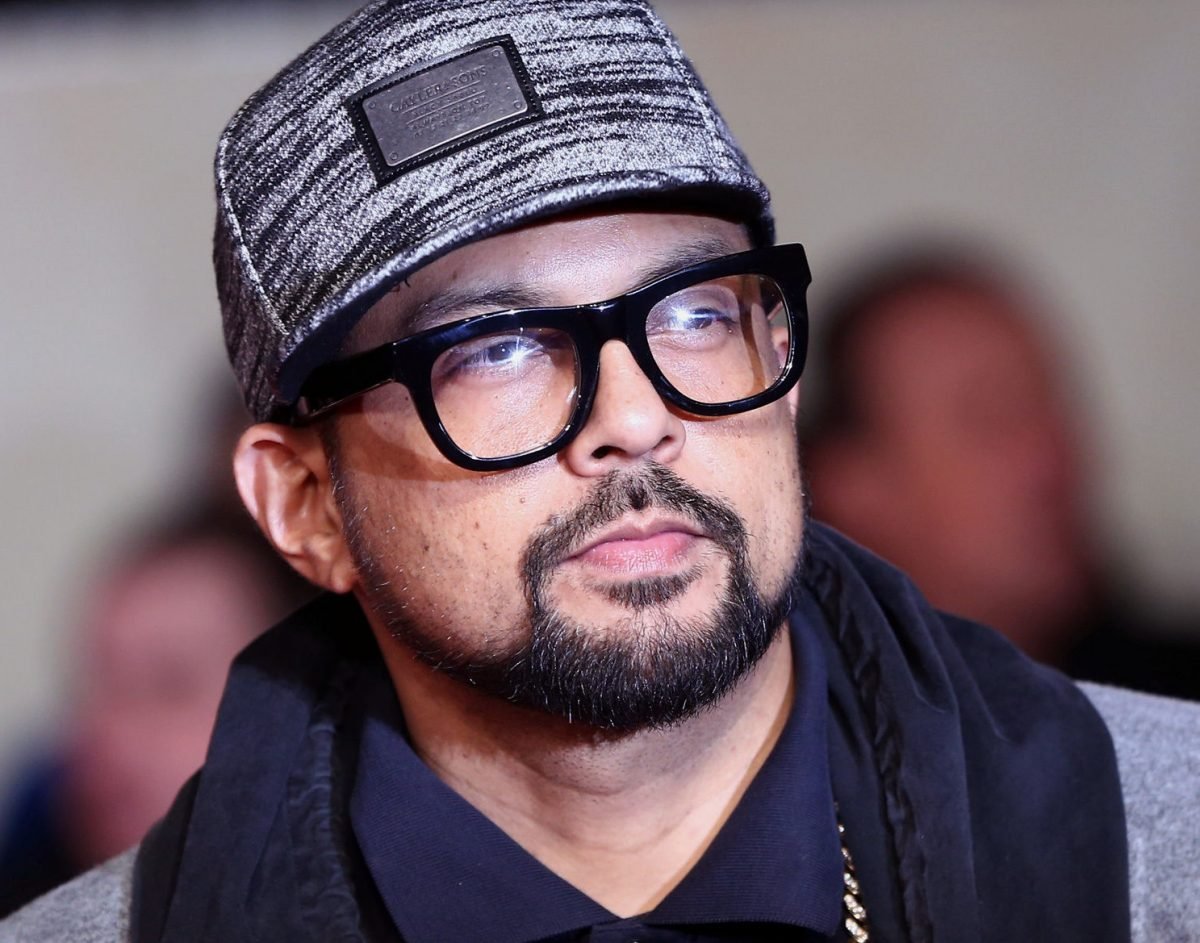Sean Paul Felt Discriminated Against At The 2004 Grammy Awards When He Won

Even with all his accomplishments, international Dancehall superstar Sean Paul says he faced discrimination and poor treatment at the Grammy Awards.
Recalling the discrimination during a recent interview on The FIX Podcast today, Paul described a situation in 2004 when he won the Grammy Award for Best Reggae Album with Dutty Rock but was not even given a seat in the show after performing with Sting on stage. He was also nominated for Best New Artist and Best Male Rap Solo Performance the same year.
“They never had seats for us. I see Black Eyed Peas walk past us on the red carpet and go inside. Ah ask Steve and him seh if this is our tent. Wha?” he said as he explained that he and his crew were not allowed inside the space. The Black Eyed Peas were nominated for Record of the Year that year, but they did not win or perform during the show.
“How dem have five seats for Black Eyed Peas and dem nuh win no Grammy or perform?” Sean Paul questioned.
On top of that, he said his acceptance speech was not broadcasted, so he wondered what was the point of attending the Grammy show and described the entire process as “foolishness.”
Sean Paul said, at the time, his music was topping charts globally, and the snub caused him to feel slighted. “If my music wasn’t the number one f@#king music in the world at the time, I would have been like well is likkle reggae and likkle Dancehall I do, so just take what you get.”
As his friends called to congratulate him on his win he said he told them that he wasn’t even in the arena and that he was just sitting outside in a caravan. This made him realize that he was only being treated this way because of the genre that he represented.
Jamaica’s Minister of Culture, Gender, Entertainment and Sport, Olivia Grange believes it is time that the Best Reggae Album category is included during the live television broadcast. “One of the things that I am going to work very hard to achieve is to get the reggae category carried live on the Grammys. There are many other genres that are treated that way as well, so it’s going to be a tough fight, but nothing is impossible,” she said, as the Gleaner reported earlier this year.
Grange was at the airport speaking as she welcomed home Koffee, the winner of the Grammy Award for Best Reggae Album in February 2020. “I know it’s going to be a journey as it was a journey to even get reggae as a category in the Grammys years ago, but we achieved it.”
The Grammy Awards and the Recording Academy have frequently been the target of criticism for alleged racism, and problems with a lack of diversity.
Only ten blacks artistes have won the Album of the Year award since the Grammys’ inception in 1957. Mariah Carey’s loss of five of her eight nominations in 2006 and Beyonce’s losses to Beck in 2015 and Adele in 2017 are often cited among the Academy’s long history of snubs against artistes of color and women.
In 2018, the Academy formed a task force to address diversity and inclusion at the Grammys, which made sweeping recommendations primarily around gender issues.
Some of the accepted recommendations included diversification of the Academy’s board of trustees, which was previously 65% male and 65% white; and ensuring diversity within the ranks of the nomination review committees.
In June 2020, the Academy rolled out new changes for the 63rd GRAMMYs in 2021, addressing long-awaited revisions to controversial category names, rules, and guidelines.
Although the host of changes did not touch the Reggae category, the amendments are centered on the renaming of ‘Urban’ categories to reflect better the caliber of music produced in specific subgenres, and the rectification of conflicts of interest between academy members and awardees.
